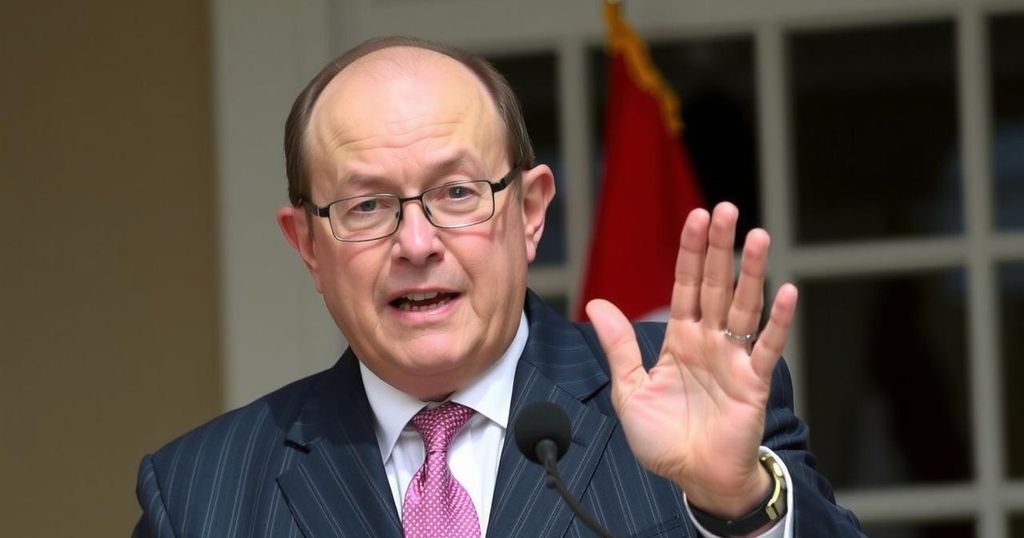Lebanon Elects Joseph Aoun as President in Shift from Iranian Influence

Lebanon has elected Joseph Aoun, the army commander, as its new president after over two years of political vacancy. Supported by the U.S., his election underscores a significant shift away from Iranian influence and aims to stabilize the Lebanese political framework. Aoun’s victory, with over two-thirds approval from lawmakers, resolves a long-standing impasse in presidential appointments.
Lebanon has taken a significant political step with the election of Joseph Aoun, the current army commander, as its new president – the first such appointment in over two years. This election showcases Aoun as a candidate supported by the United States, marking a notable shift in Lebanon’s political landscape and indicating a potential decrease in Iranian influence within the region. The vote, backed by more than two-thirds of lawmakers, allows Aoun to embark on a six-year term, thereby concluding a prolonged period of political stalemate that had thwarted previous presidential attempts.
Lebanon has been grappling with a political vacuum that has lasted for over two years, with the absence of a functioning president adversely affecting governance and stability within the nation. The election of Joseph Aoun signifies not only a fresh direction in Lebanese politics but also indicates a broader geopolitical shift, reflecting the growing impact of U.S. policies in the Middle East while suggesting a decline in Iranian dominance in Lebanese affairs. This change is critical for the future of Lebanon, which has historically been caught in the crosshairs of competing regional powers.
The election of Joseph Aoun as the president of Lebanon marks a pivotal transition in the country’s governance, promising to fill a significant leadership void that has persisted since 2021. This outcome strengthens U.S. influence at a time when Iranian power appears to be receding, potentially paving the way for enhanced political stability in Lebanon. Aoun’s presidency not only carries expectations for effective governance but also reflects changing dynamics in the broader Middle Eastern political landscape.
Original Source: www.poncacitynews.com








